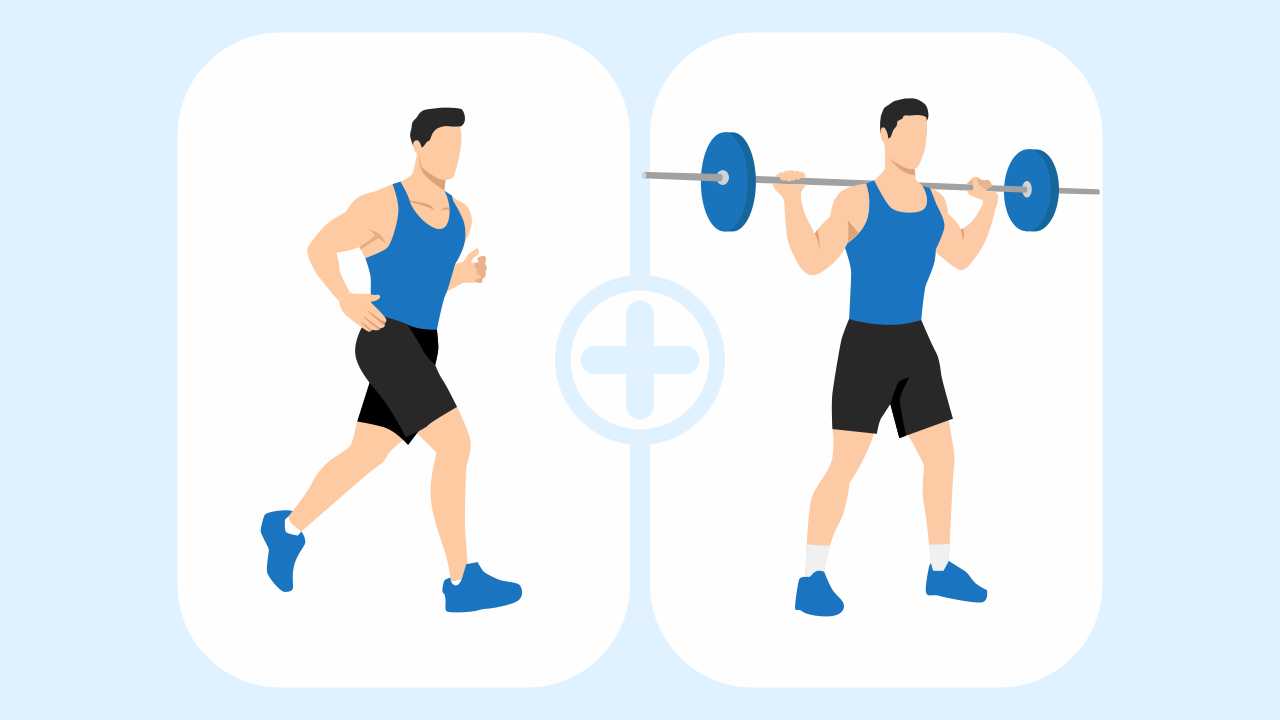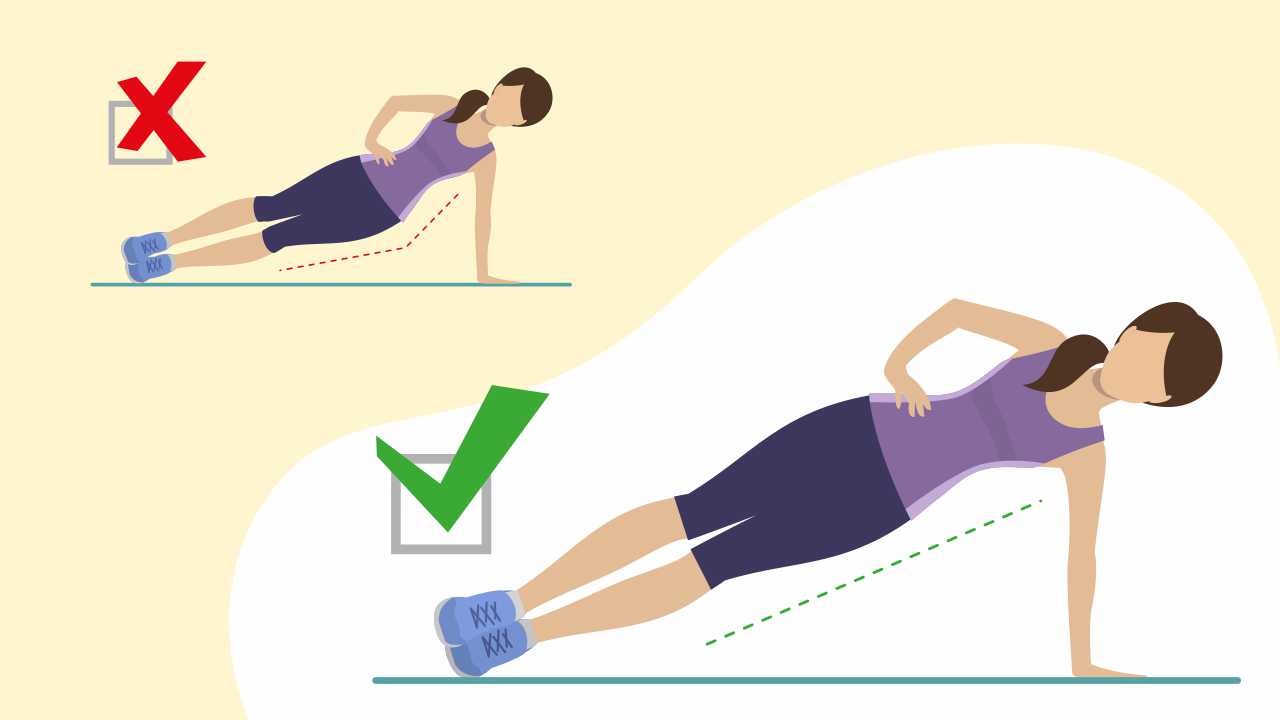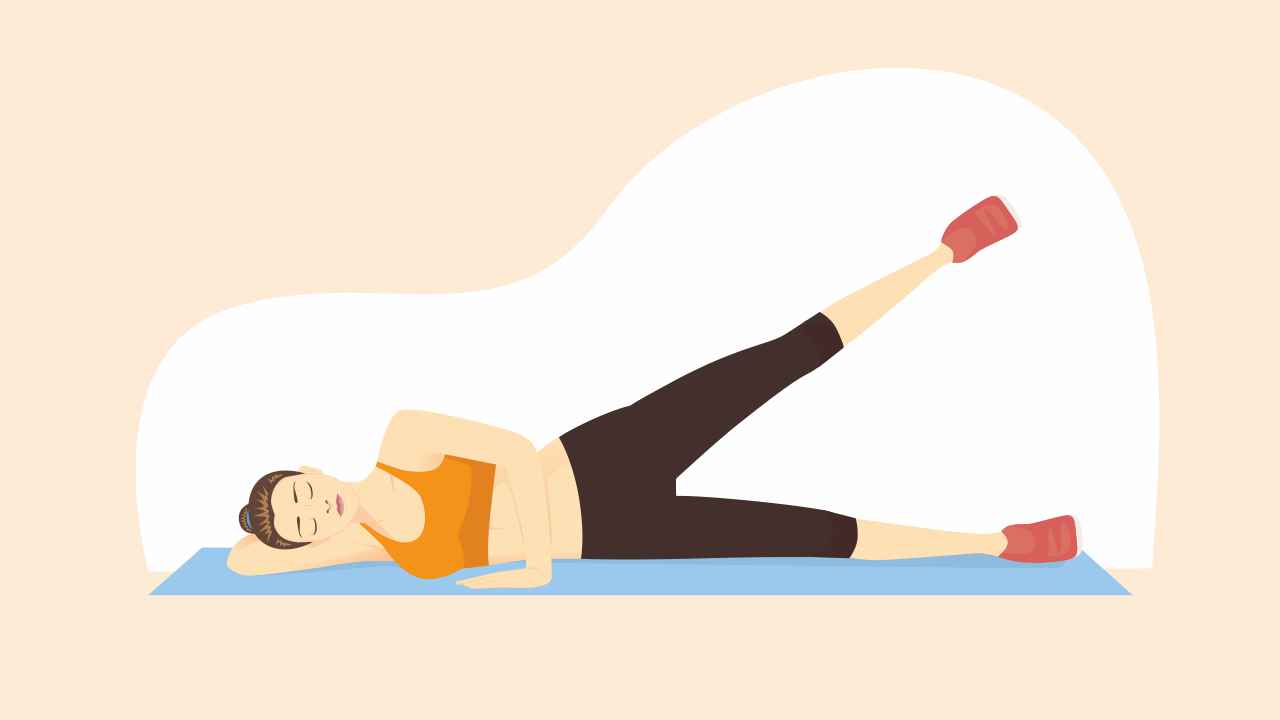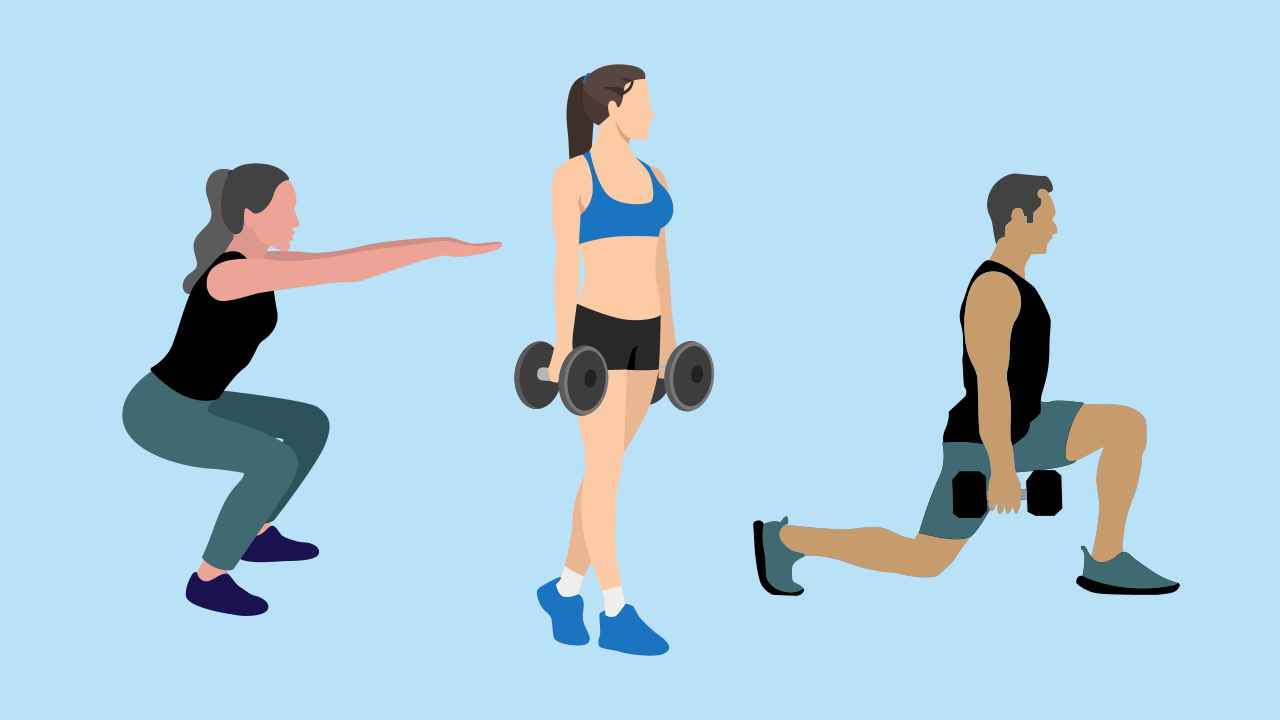
Why You Must Start Exercising Today

Fitness is a topic that never stops trending. But if the countless inspirations out there aren’t motivating enough to get you off that couch, we can let you in on some of the amazing health benefits of regular exercise. And no, it’s not only a means to lose weight. Working out is one of the best preventive measures against many common and chronic diseases. Check out five reasons why you should start exercising today.
1. Prevents diseases
Robust immune system: Regular moderate-to-high intensity exercises help enhance the body’s defenses and metabolic health. Moreover, routine physical activities are associated with anti-inflammatory and antioxidant effects. This plays a significant role in managing the risk of several health conditions.
Gut health: Low-intensity exercise improves your bowel movement, reducing the time the waste residue remains in the digestive tract. Greater physical activity may also reduce the risk of developing certain types of colorectal cancers, inflammatory bowel disease, and diverticulosis (inflammation of pouches that can form in your intestines).
Cancer: Research shows that moderate-intensity exercise, aerobic training, and resistance exercise help regulate hormone levels and resist inflammation. It can also reduce the risk of certain cancers, including bladder, breast, and colon cancer. Personalized exercise regimens can also be beneficial for individuals during and after treatment.
Diabetes: According to the American Diabetes Association, your cells become more sensitive to insulin when you exercise. This means insulin can bind to your cells effectively to utilize the glucose in the blood. Hence, along with your diet and medications, regular physical activity is an integral part of managing diabetes or dealing with prediabetes.
2. Powers muscle and bone growth
Another reason to exercise regularly is that it promotes muscle protein breakdown and rebuilding, thereby increasing muscle mass and working capacity. Weight-bearing and resistance training exercises have shown to improve bone density, thereby making your bones stronger and reducing the risk of injuries like fractures.
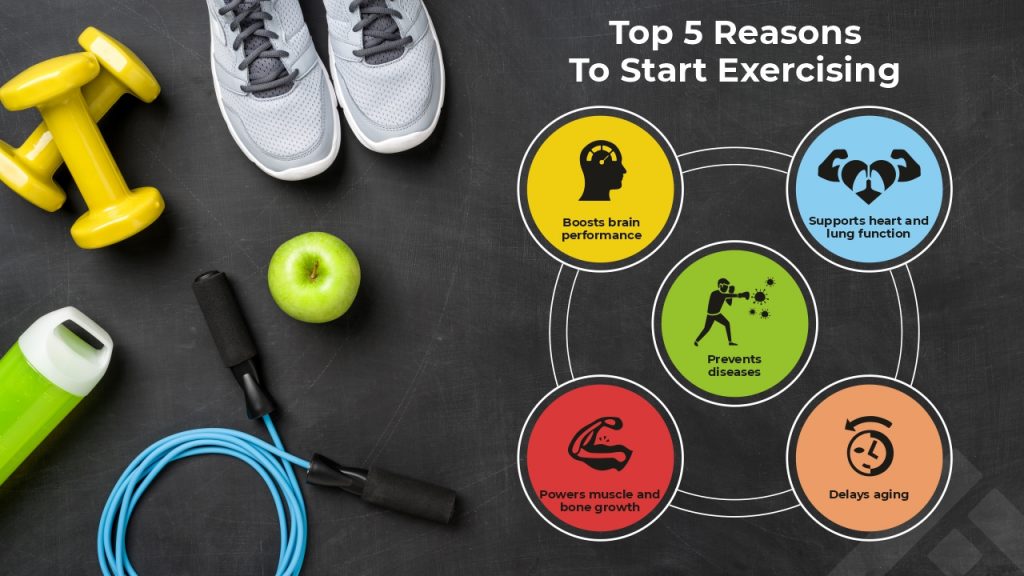
3. Supports heart and lung function
Improves heart capacity and lowers blood pressure: The pumping capacity of your heart increases with exercise, which results in improved oxygen flow throughout your body. A stronger heart requires less effort to pump blood and reduces the strain on your blood vessels, thus lowering your blood pressure as well.
Reduces bad cholesterol: Exercise reduces the lipids in your blood and LDL or bad cholesterol, which can trigger cardiovascular conditions such as atherosclerosis and myocardial infarction (heart attack).
Increases lung capacity: Diaphragmatic breathing exercise engages your diaphragm, the muscles between your rib cage, as well as the abdominal muscles to make inhalation easier. With strong respiratory muscles, you will require less oxygen to perform the same intensity exercise, thereby decreasing the workload on your lungs.
Also read: Workout Gear: A Beginner’s Guide To Fitness Essentials
4. Boosts brain performance
Supports mental health: Happy hormones such as endorphins and dopamine are released when you exercise. These hormones help improve your mood and reduce the risk of anxiety and depression.
Working out can also help your brain cope better with stress
Improves memory and logical functioning: Your neural networks have the ability to change through growth and rearrangement. This is called neuroplasticity. Exercise promotes neuroplasticity. Research also suggests that the risk of memory-related disorders such as dementia and Alzheimer’s can be reduced with regular exercise. It also improves executive functioning, which is the ability to organize and interpret information and act logically, making it a good reason to incorporate exercise in your daily routine.
Helps manage addictions: Researchers suggest that exercise acts as a distraction from addictions and readjusts the focus away from unhealthy habits. Smoking and alcoholism can make your brain depend on an external source to produce dopamine. Exercise releases these happy hormones naturally, thus reducing one’s craving for external stimulants.
Also read: Workout Plateau: What Is It and How To Avoid It
5. Delays aging
Regular exercise can alter metabolism, reduce the rate at which you lose muscle mass, and manage conditions such as osteoporosis or slowing down of reflexes. Endurance exercises also regulate various cellular functions to resist the aging of the skin. There are exercises, which help you balance and can help avoid falls as well.
Your body is indeed the best tool at your disposal and you have significant control over it. From preventing and delaying some common chronic diseases to making you feel healthy and happy, exercise does it all. Hit the gym today and you will thank yourself later.
References
1. Walton RG, Kosmac K, Mula J, et al. Human skeletal muscle macrophages increase following cycle training and are associated with adaptations that may facilitate growth. Sci Rep 2019; 9: 969.
2. Lin T-W, Tsai S-F, Kuo Y-M. Physical Exercise Enhances Neuroplasticity and Delays Alzheimer’s Disease. Brain Plast 2018; 4: 95–110.
3. Crane JD, MacNeil LG, Lally JS, et al. Exercise-stimulated interleukin-15 is controlled by AMPK and regulates skin metabolism and aging. Aging Cell 2015; 14: 625–34.
4. Nieman DC, Wentz LM. The compelling link between physical activity and the body’s defense system. J Sport Health Sci 2019; 8: 201–17.
5. Exercise for Stress and Anxiety. Anxiety Depression. Association America. https://adaa.org/living-with-anxiety/managing-anxiety/exercise-stress-and-anxiety (accessed Feb 17, 2021).
6. Physical Activity and Cancer. National Cancer Institute. https://www.cancer.gov/about-cancer/causes-prevention/risk/obesity/physical-activity-fact-sheet (accessed Feb 17, 2021).




